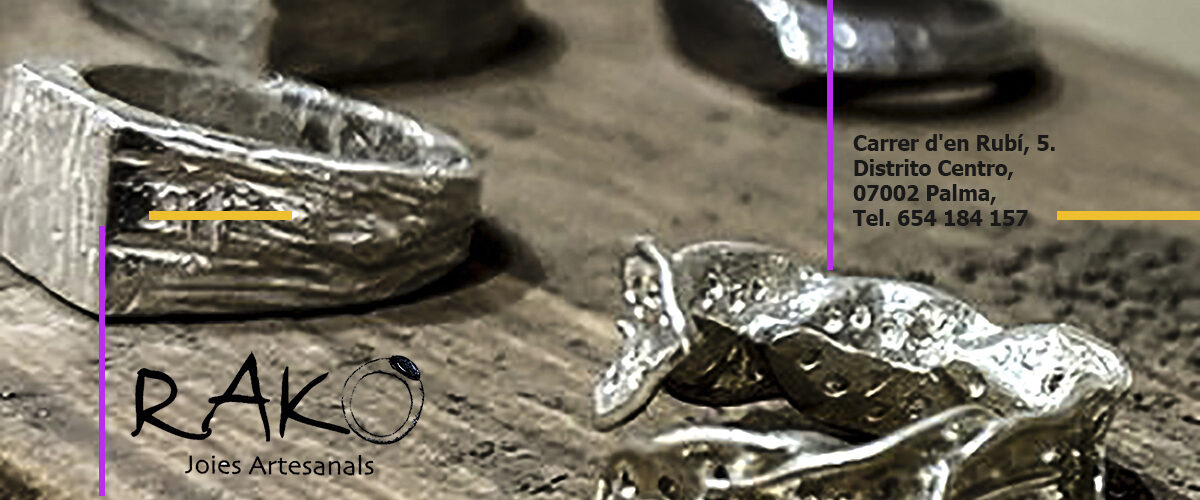«Y si dejó de soñar contigo …»
-Lewis Carroll, «A través del espejo»
¿Que estamos haciendo? Pasarse notas entre sí, en secreto, por supuesto, para que no sean confiscadas. Los mundos privados escapan a la exposición pública. Se celebran mundos privados y arden brillantemente como mil soles. Pasando notas en una habitación de una escuela. Pasando notas bajo las nubes. Pasar notas de zona horaria a zona horaria; época a época; de planeta en planeta.

Las chicas son atrevidas y rudamente dibujadas, como las heroínas de una novela de Willa Cather. Son de un lugar donde el viento sopla fuerte y fuerte. Podrían estar protagonizando una canción de Neil Young cuando crezcan. Podrían ser la hermana pequeña de Joni Mitchell. Doo-wop y bee-bop, y baladas pop suenan desde sus radios de los años cincuenta. Pronto serán adultos. Ahora pasan notas y esperan que la lluvia se detenga para poder salir y atrapar luciérnagas y buscar huesos de animales. Una de las chicas sueña con un caballo singular, una estatua que cobra vida en el desierto de su imaginación. La velocidad se introdujo en los humanos cuando los caballos fueron domesticados. ¿Sabemos qué hacer con toda esta rapidez?

Pero, ¿qué contienen estas notas? Letras de canciones. Chisme. Sentimientos expresados simplemente, sentimientos expresados sin límites. Lenguaje codificado. Una sociedad de adolescentes se formó y se hizo todo poderosa al pasar notas. Alguien, en algún lugar de la Europa pre-moderna, estaba pasando una nota. En un árbol en Grecia. A través de un despertar de ensueño en Australia. En un pueblo medieval en el sur de Francia. Pero volvamos a las chicas. No tienen un lugar. Solo tienen tiempo.
¿Qué más hay que tener en cuenta? La ausencia de figuras de autoridad. Sin padres, hombres o niños. Pero no todo es diversión y juegos. Hay una ausencia de pureza. Hay un espeso sentimiento de realidad. Los cielos azules y calcáreos, los suéteres de color óxido, los pliegues giratorios de tela gruesa. La mancha sucia de la vida, literalizada en guiones gráficos acelerados de pintura al óleo. La pequeña estatua del caballo. El vaso de jugo de naranja. La visión fugaz de una palmera en un libro para colorear sobre un caballo blanco. El paso de una nota a su mejor amiga con el secreto que le permitirá saber todo lo que necesita saber en este mundo.

«And if he left off dreaming about you…»
-Lewis Carroll, «Through the Looking Glass»
What are we doing? Passing notes to each other, secretly of course, so they’re not confiscated. Private worlds escape public exposure. Private worlds are celebrated and they burn brightly like one thousand suns. Passing notes in a one-room schoolhouse. Passing notes under the clouds. Passing notes from time zone to time zone; epoch to epoch; from planet to planet.

The girls are bold and roughly drawn, like the heroines in a Willa Cather novel. They are from a place where wind blows heavily and strongly. They might be starring in a Neil Young song when they grow up. They might be Joni Mitchell’s little sister. Doo-wop and bee-bop, and pop ballads play from their 1950s radios. They will soon be adults. Now they pass notes and wait for the rain to stop so they can go out and catch fireflies and look for animal bones. One of the girls dreams of a singular horse, a statue come to life in the desert of her imagination. Speed was introduced to humans when horses were domesticated. Do we know what to do with all this quickness?
But what is contained in these notes? Song lyrics. Gossip. Feelings expressed simply, feelings expressed with no limits. Coded language. A society of teenagers was formed and made almighty by note-passing. Someone, somewhere, in pre-modern Europe was passing a note. In a tree in Greece. Through a dreamtime awakening in Australia. In a medieval village in Southern France. But back to the girls. They do not have a place. They only have time.

What else to note? The absence of authority figures. No parents, men, or boys. But it’s not all fun and games. There is an absence of purity. There is a thick feeling of reality. The chalky blues skies, the rust-colored sweaters, the twirling folds of heavy fabric. The grimy smudge of life, literalized in quickened oil paint storyboards. The tiny horse statue. The orange juice glass. The passing glimpse of a palm tree in a coloring book about a white horse. The passing of a note to your best friend with the secret that will let her know all she needs to know in this world. Texto: Nora Griffin






